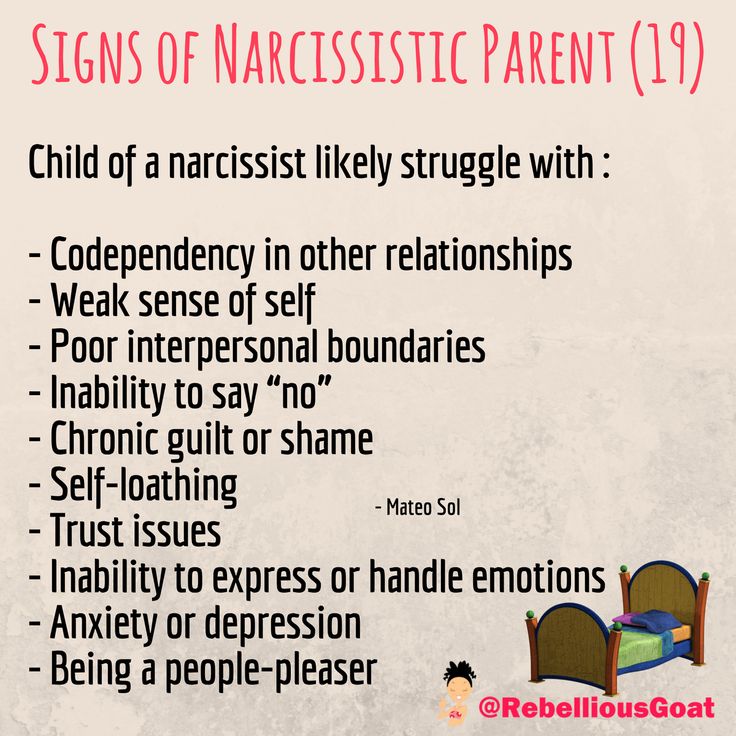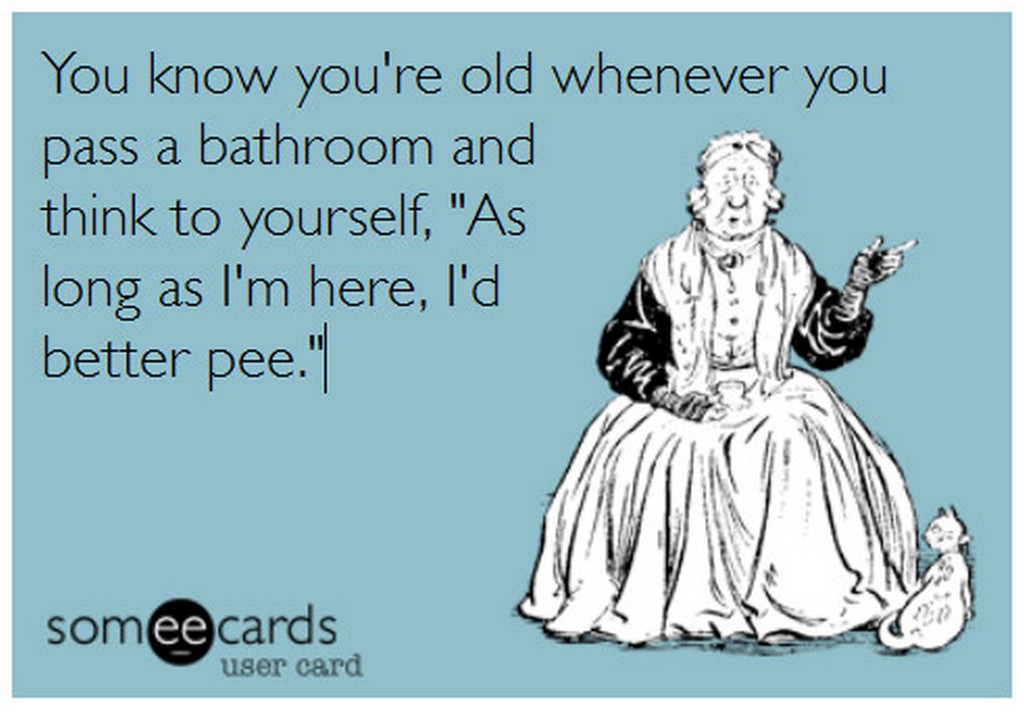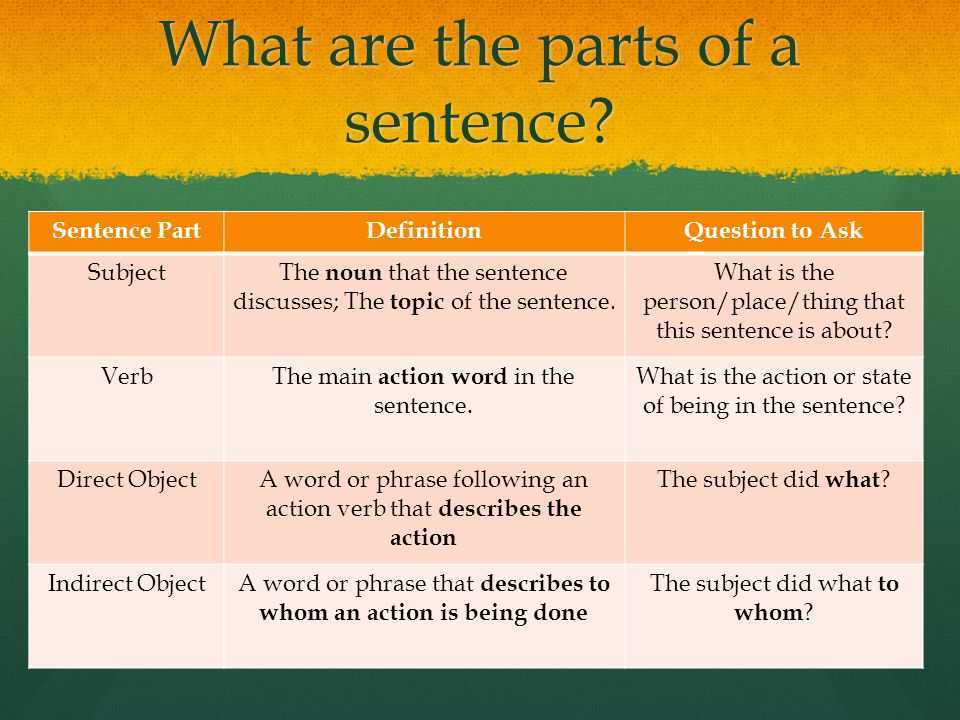How to get better at expressing yourself
How to Express Yourself Better in 7 Steps – Convey Clearly
Do you have ideas you’re trying to convey to others, and you just can’t seem to express yourself?
Do you ever feel like you can’t even tell a story? You could be in the middle of telling a story, and you keep overexplaining and using way too many words. Or you never can get to the end, and you already forgot the moral?
Sometimes you’re in the middle of expressing yourself, it’s going awry, and then someone cuts you off to express their views? “What the heck?! I’ve just been interrupted while telling my rambling story. Oh, well, I guess I got saved.”
Do you know people who seem to be able to express themselves well in any situation?
Then there are those folks who can express themselves quite well.
You know people who can express themselves to a fare-thee-well. They speak clearly and confidently. It takes them almost no time to get to the point. And they can change your views quickly.
These folks have executive presence and an incredible verbal brand. They’re assertive, yet warm. They can tell stories, answer difficult questions, and know how to say “no” without hurting anyone’s feelings. They can express themselves during tense meetings, interviews, and on stage.
Don’t worry; they don’t have an extra gene that you don’t. People who express themselves well have the essential techniques necessary to get their point across well.
We’ll start with the basic techniques, and then we’ll delve deeper.
How to Express Yourself Better
People who can express themselves well don’t have a different gene; they have the techniques.
- Formulate your ideas in advance until you don’t need to anymore.
- Don’t overexplain & avoid redundancies.
- Speak in bullets.
- Don’t be afraid of the pause while speaking.
- Start with the bottom line & don’t use too many details.
- Be relaxed.
- Use a voice that’s warm & authoritative (not aggressive.
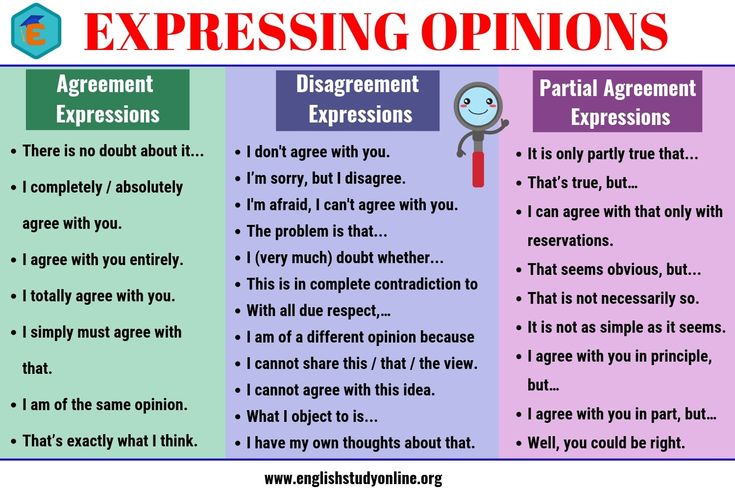 )
)
These are the steps you’ll want to practice to get people loving your ideas and following your suggestions. Read on to learn how to implement these steps when you’re expressing yourself.
Many people have trouble expressing themselves.
How to implement these techniques:
Formulate your ideas in advance until you don’t have to anymore. My suggestion is to record yourself or at least talk to yourself in the mirror.
The advantage of recording yourself is you can hear when you make mistakes. Don’t be afraid to become aware of your mistakes. It’s the only way you can get better.
You wouldn’t tell your tennis pro not to video record you because you don’t want to see your swing. You want to see your swing! You know that doing so will improve your game! And unless you have sponsors for your tennis games, improving your tennis won’t make you any money. But learning to express yourself better will. So let’s get back to it, shall we? Don’t make me come over there!
Learning to express yourself better is well worth the effort.

Right now, you’re cringing listening to yourself talk (Best to not be subjective but like a scientist.) But in a couple of weeks, people will be loving your ideas and following your suggestions.
You’ll love listening to yourself on a recording!
Expressing yourself well is about getting your message across easily.
I’m sorry to be the bearer of bad news; nobody wants to listen to a long rambling story. (Don’t hate! You’re in this to express yourself well and have people love your stories and concepts and follow your call to action. So let’s break some eggs. Is that the expression?)
People who express themselves well use pauses & speak in bullets.
Be not afraid of the pause. Some people really hate the pause because they know it allows others to interrupt them. It gives them that space they’re looking for. Remember, if people are interrupting you frequently, it means you’re not speaking very clearly & concisely.
Use your pauses like parenthesis around your bullets. Formulate your ideas into a few bullets. Take out the non-essential words. Eliminate redundancy and then surround those bullets with pauses.
Formulate your ideas into a few bullets. Take out the non-essential words. Eliminate redundancy and then surround those bullets with pauses.
Expressing yourself in high-stakes situations.
Master the ability to express yourself in low-stakes situations first. Talking to yourself is the easiest; telling stories to your pets comes next. (Unless they’re very judgemental.) You’ll probably need to focus in these areas for a week or two.
Once you’ve mastered the low-stakes situations, move on to the medium-stakes ones. Maybe talking to a colleague or friend and speaking in friendly meetings.
All the while, you are recording yourself and seeing significant strides. And now you’re feeling proud! Good for you!
Express yourself using a warm & authoritative voice.
Your voice plays an enormous role in how people perceive you. It impacts your credibility. Once you learn to express yourself using a warm yet authoritative voice, you’ll have people eating out of the palm of your hand.
If you don’t want to influence others and express yourself well, definitely don’t take The Voice Spa.
All these influential, authoritative people you know have worked on their ability to express themselves well. They didn’t think it would magically happen, and they certainly didn’t put up with telling ineffective stories and not having people follow their call to action.
Go from rambling, filler word user to fluent speaker.
You can do this by measuring your success. If yesterday you used 15 filler words and non-essential words and today you only used 10 pat yourself on the back.
If last week you couldn’t get to the point but this week your stories are short & succinct, be proud!
Assess each skill minutely and expect incremental progress. I can’t say enough how you should be an objective scientist recording data.
How to express your opinions.
Now that we’ve gone and made every single topic political, expressing yourself becomes more challenging.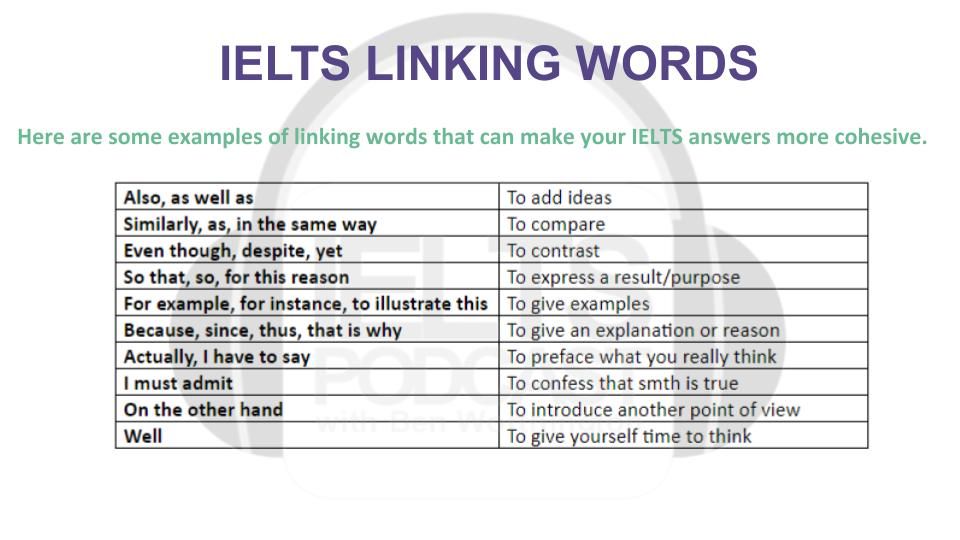 Perhaps you mention how much you like cheese, and someone wants to blame you for climate change.
Perhaps you mention how much you like cheese, and someone wants to blame you for climate change.
Or perhaps you did want to discuss something that may be inflammatory. You may want to start by addressing the things that you and your conversational partner have in common.
You can say, “You and I are very similar. We both feel really strongly about ___. We both want to make the world a better place. If we take politics out of the discussion, I think we can make some progress toward our goal. We don’t have to agree on everything we just have to keep our eyes on the end goal.”
Easily express your feelings.
Do you keep your feelings bottled up inside? Do they cause you stress and pain? That’s no good. You know it & I know it.
First, you want to decide if it’s worth it or let it go.
If it is worth it to tell someone your feelings, be sure to do so in private and when there isn’t too much going on. You don’t want to express your undying love for someone and they reply with a cheer for their favorite football team who’s currently on the telly.
If you want to tell someone that they did something wrong, be sure to phrase it from your perspective. You can say, “It hurt my feelings when you…”
Make sure you’re relaxed. It doesn’t hurt to practice into a recorder first! 🙂
Facebook Twitter Linkedin
Healthy Ways To Express Your Emotions
Releasing Tension Through Expression
Expressing yourself can help you keep in touch with how you are feeling. It can also help you release a lot of tension that you might be carrying around. Sometimes, when people lose touch with how they feel, their feelings burst out in situations or ways that are embarrassing or inappropriate.
Everyone needs some time alone to reflect on feelings. Being able to express how you feel might help you make better decisions about what is right for you now.
Ways of Expressing Yourself
Finding out the best way for you to express yourself can be rewarding. You might find that you enjoy expressing yourself in a particular way, like painting, playing a sport, singing, drumming or even yelling into a pillow. If you don’t know which way works best for you, try some of the following suggestions.
You might find that you enjoy expressing yourself in a particular way, like painting, playing a sport, singing, drumming or even yelling into a pillow. If you don’t know which way works best for you, try some of the following suggestions.
Write About How You Feel
Writing can be a useful way to explore your feelings. Some people do this by:
- Keeping a journal/diary
- Writing a blog (anonymous or not)
- Creating stories that reflect what we are going through or have been through
- Writing poetry
- Using journaling prompts
Getting the thoughts out of your mind and onto paper can be incredibly relieving. It allows us to slow down our thinking process and release whatever words are asking to be spilled from us. Through this, we can gain a little more perspective and understanding of our situation without having to share these things with another person if they’re too private or sensitive.
Get Active
Movement can be a powerful way to express ourselves in a physical way, channeling our energy into something that gets it out of our minds & bodies.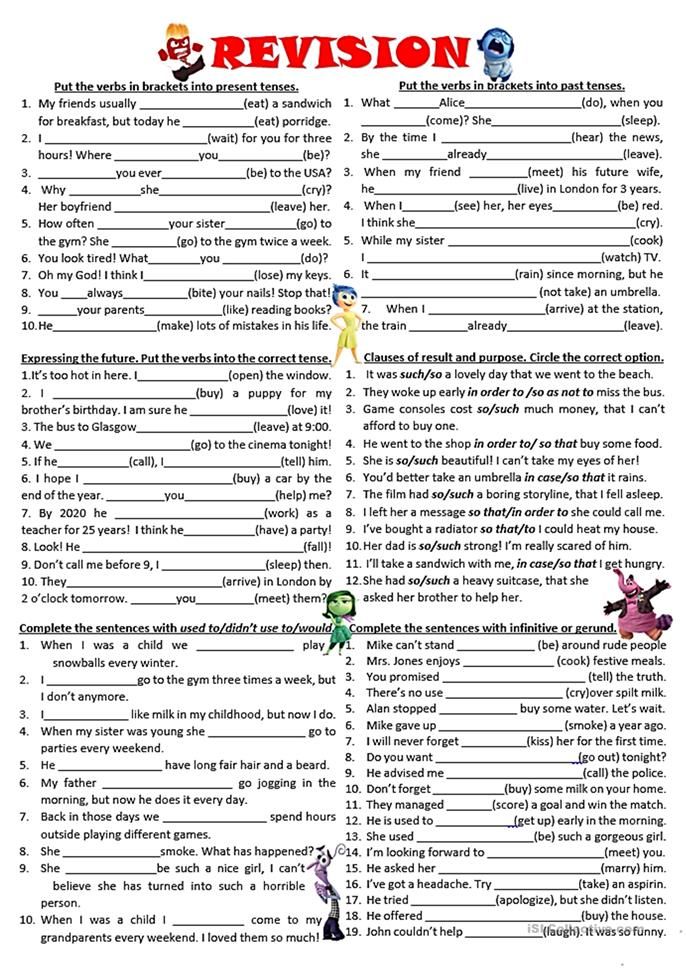 How do you like to move?
How do you like to move?
With sports, there are plenty of opportunities to yell or curse or feel elated when things go well. Team sports allow you to express yourself with others and use your mental and physical energy to release whatever you’re feeling.
If you’re not much for team sports, you can still use physical activity as a way to express yourself. Here are some other things you can try:
- Martial arts
- Dancing
- Hiking
- Long walks
- Weight Lifting
- Boxing
- Gymnastics
- Yoga
- Aerial Silks
- Poi
- Skateboarding/Longboarding
- Running
- Skiing
- Swimming
Moving your body also gives you a mood boost! When you exercise and move your body, you produce more serotonin, which is a chemical found in your body that helps improve your mood, sleep, and thinking. If you experience depression, anxiety disorders, or post-traumatic stress disorder (PTSD), exercise and movement could be very good for helping you manage your moods and relieve stress.
Create Something
Even if you don’t think of yourself as an artist, art is a useful way of expressing yourself. Even if you’re not particularly good at any of these, give it a try. You don’t have to be good at it to enjoy it.
Some forms of art you could try:
- Painting
- Drawing or sketching
- Digital art
- Mixed media collages
- Sculpting, clay or metal
- Jewelry making
- Wire wrapping
- Wood carving or woodworking
- Building small projects
- Welding
- Cosplay (dressing up as your favorite characters)
- Crocheting
- Glass blowing
- Makeup
- Photography, film or digital
- Calligraphy
There are so many ways to be creative and it doesn’t have to be just painting or drawing. Not only is art good for expressing yourself, it can also be used for relaxation.
Getting the thoughts out of your mind and onto paper can be incredibly relieving. It allows us to slow down our thinking process and release whatever words are asking to be spilled from us. Through this, we can gain a little more perspective and understanding of our situation.
Through this, we can gain a little more perspective and understanding of our situation.
Wire Wrapping
Art Therapy Techniques
Song Writing
Photography
Use Music to Express Yourself
Singing along to your favorite songs, creating music of your own, or playing a musical instrument is another way of expressing yourself. Try singing in the shower or in your car. If you play an instrument or sing regularly, you might want to start writing your own songs or music to express how you feel. It may also be fun to sing or play music with your friends.
Music can be incredibly healing, whether from resonating with the vibe of the music, feeling seen in the lyrics of the songs you’re listening to, or by channeling your emotions through the sounds you create. There are an infinite amount of ways to use sound and music to express yourself.
Dance It Out
Dance is definitely a form of self-expression and you don’t have to be a ballerina to do it.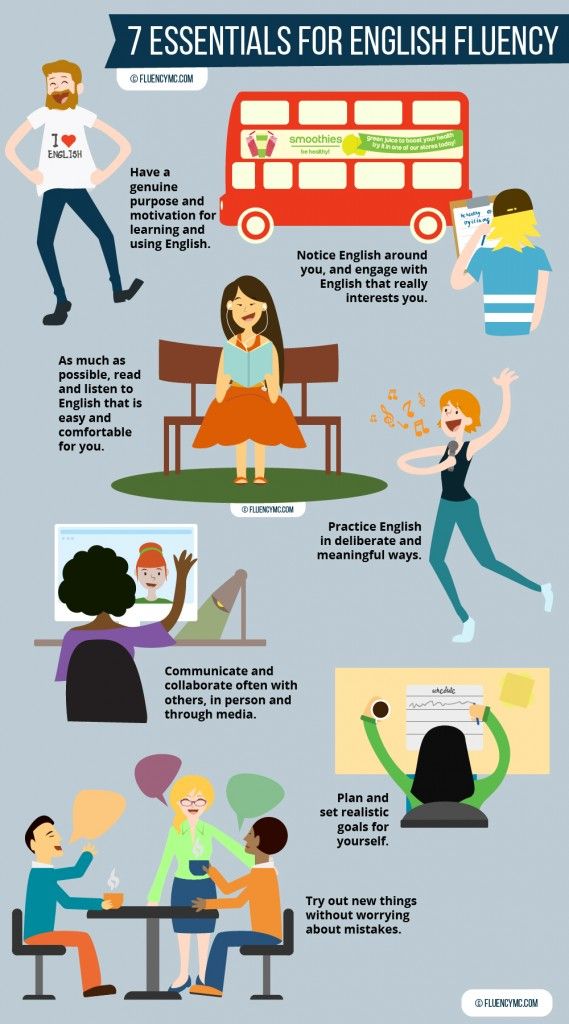 Put on some music at home or go out and dance as much as you like in whatever way you like. If you’re embarrassed about how you look, don’t worry. Maybe just try dancing alone in your room with your door locked to get started.
Put on some music at home or go out and dance as much as you like in whatever way you like. If you’re embarrassed about how you look, don’t worry. Maybe just try dancing alone in your room with your door locked to get started.
If you’re looking to focus on expressing your emotions through dance, try setting that intention with the songs you choose and try to imagine what you’re wanting to express as you dance. If emotions come up that you’re not expecting, try not to judge them. They’re coming up for a reason.
If you find you really enjoy dancing, you can try joining a local dance group or attend a dancing event or class. Maybe belly dance is your thing. Perhaps hip-hop suits you more. All of it is valid and beautiful.
Use Your Voice
One of the simplest ways of expressing ourselves is through communication. Effective communication is learning how to express your thoughts and feelings in an appropriate way with another person and is an important life skill to have.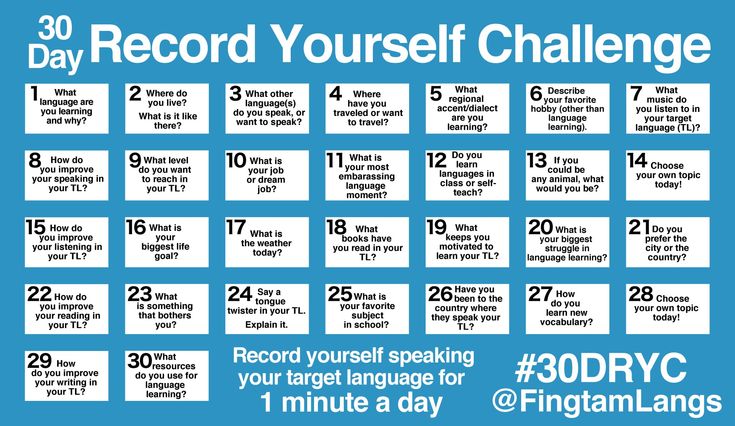
One tool to get you started is to ask a friend, or other person you trust, if they have the space or time to talk to you about something that’s been on your mind. This gives them the option to consent to the conversation, in case they’re not in a good head space themselves, and shows that you respect where they’re at. If one person isn’t available, try another. You deserve to be heard.
If you don’t feel comfortable sharing your thoughts with someone you’re close to in your personal life, a school counselor or other mental health professional may be able to help. If you’re in a crisis and need to share things with someone immediately, check out our Crisis Support Resources or see below:
Crisis Text Line
The Crisis Text Line offers free, confidential crisis support via text 24/7. Whether you’re feeling suicidal or having a hard time managing strong emotions, a trained volunteer will connect with you and provide support.
-
TEXT LINE
- Text HOME to 741741 (24/7/365)
I’m Alive Chat
I’m Alive Chat is an entirely online chat platform with all of their volunteers trained and certified in crisis intervention.
-
ONLINE CHAT
- Chat here
National Suicide Prevention Lifeline
The National Suicide Prevention Lifeline gives 24/7, free & confidential suicide crisis intervention support and resources to those in need.
Teenline
Teen Line allows you to speak with another teen for support and offers resources online that are relevant to teens.
-
CRISIS LINE
-
Call 1-800-852-8336
-
Text TEEN to 839863
-
Trans Lifeline
The Trans Lifeline is a suicide hotline for trans-identified individuals. The calls are taken by other trans people and can be used whether or not you’re in crisis.
The Trevor Project - LGBTQIA+ Support
The Trevor Project is dedicated to providing crisis counseling for those in the LGBTQ+ community that are considering suicide.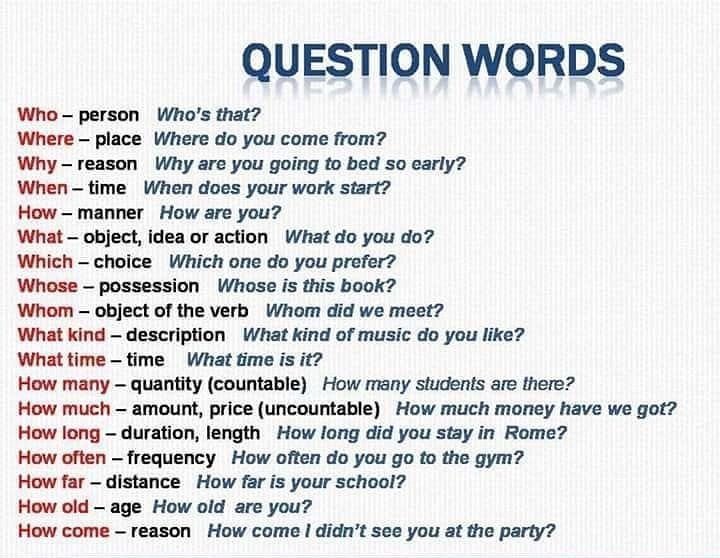 All lesbian, gay, bisexual, transgender, queer and questioning people are welcome to call.
All lesbian, gay, bisexual, transgender, queer and questioning people are welcome to call.
-
TREVORLIFELINE
- Call 1-866-488-7386 (24/7/365)
Whatever it is you decide to do, it should come naturally and be a source of pleasure for you. If you find yourself becoming frustrated with one of the above techniques, move on to another and see how that feels for you.
For more ideas on coping with stress, check out our Developing Coping Strategies article.
How do you express yourself? Share in the comments below!
Acknowledgements: This article was partially developed by youth and staff for us.ReachOut.com
Empower Yourself
What is the best way to express yourself? 7 tips to help you understand
Good self-expression is the art of communicating with others. Maybe you enjoy talking to others but have trouble expressing yourself, so we'll explain how to express yourself better and give you 7 tips to help you understand.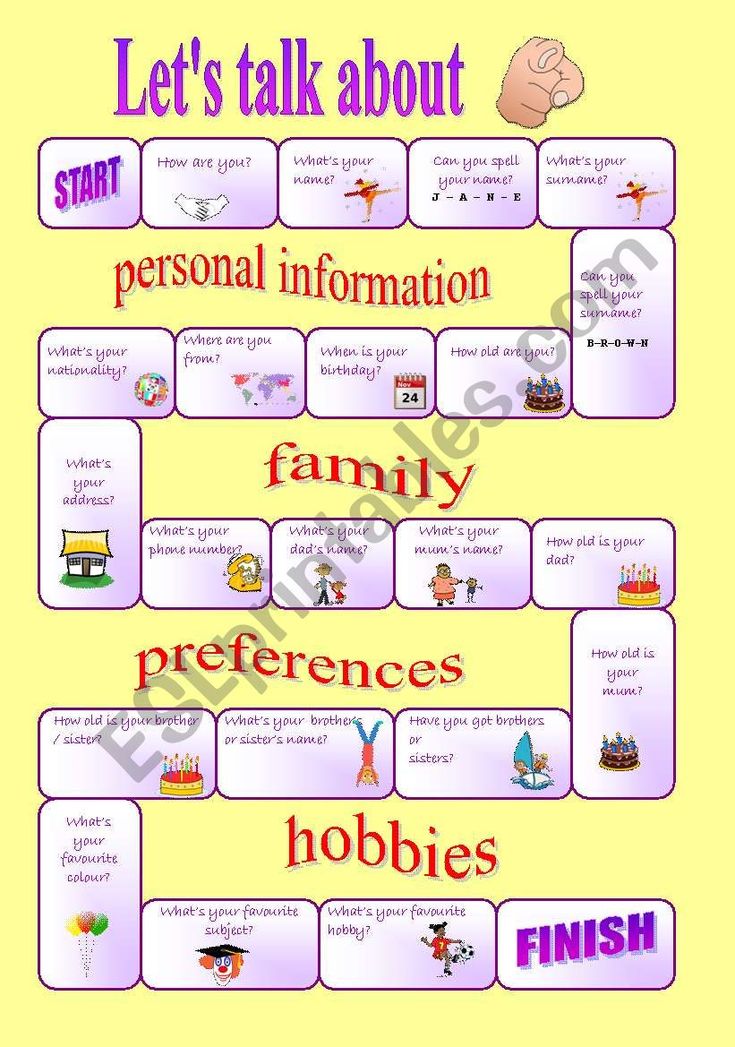 There are people who, when they express themselves, seem to do it naturally, but in many cases they have learned to do it in order to succeed in their dialogue. Good self-expression requires concentration and polish some areas where you might fail.
There are people who, when they express themselves, seem to do it naturally, but in many cases they have learned to do it in order to succeed in their dialogue. Good self-expression requires concentration and polish some areas where you might fail.
The right language helps us explain and understand things. This way we know about the message to be transmitted and what is received with specific information. We can adapt our language to current circumstances, but the expression is important to avoid confusing dialogue or misinterpreting things.
Index
- 1 Tips for expressing yourself better and making it clear that you are understood
- 1.1 Speak more slowly
- 1.2 Read loudly
- 1.3 well breathe well to express yourself
- 1.4 Set Voice
- 1.5 Training the pronunciation
- 1.6 Contact the help of a professional
Often you often allow mistakes in express and when they do occur, it can cause confusion between sender and receiver. There may be messages that are difficult to understand and understand, which is why the expression in the dialogue is so important. In the following, we will give you some tips so that you can better express yourself and ensure that you are understood correctly. If you usually have speech problems, do not lose details and put the following points into practice in your daily life.
There may be messages that are difficult to understand and understand, which is why the expression in the dialogue is so important. In the following, we will give you some tips so that you can better express yourself and ensure that you are understood correctly. If you usually have speech problems, do not lose details and put the following points into practice in your daily life.
Speak slower
This is important for good self-expression: speak slowly. So you will make it clearer and you will better think what you want to say . It is not about making many pauses, but about speaking more slowly, but at the same time you can have a harmonious and understandable dialogue.
Practice over and over again and little by little it will come naturally. When you slow down your speech, it shouldn't be bad for your listeners if you do it right. This will give you authority in your speech and you will be better able to express your message as a whole. nine0003
nine0003
read aloud
Reading aloud is recommended from time to time. It is a way to teach your voice and learn to speak better. Doing reading exercises aloud will help you speak correctly and express yourself better. Also you will stimulate imagination and creativity improve your fluency as well as improve your emotional abilities.
Breathe well to express yourself better
If you breathe well, you will learn to speak better. This is another way to teach your voice and keep the right tone and rhythm at all times. nine0005 There are breathing techniques This will allow you to improve this aspect and be able to express your thoughts in the best possible way.
Set voice
This action is the action and effect of importing the sound of your voice with the vocal cords. Fix the voice on the vocal cords and let the sound come out cleanly. It will be easier that you can make your voice resonate through the soft or soft palate.
This is called imported because exhalation is used to produce maximum sound with minimum effort. nine0005 You will have excellent voice volume without straining yourself or damaging your vocal cords. This is another great way to better express yourself.
Practice pronunciation
Sounds simple, but it's not. If you want to speak well and express yourself better, it is important to learn the structure of the movement of the muscles of the joint during a conversation. Do it without mistakes. You can only improve it if you practice, paying attention to mistakes you may make. nine0003
For example, you can record your speech on video or audio, and then look at your mistakes and redo the speech by polishing them . If you practice daily, you will develop the habit of paying attention to your pronunciation, and gradually you will make fewer mistakes.
Another exercise could be to practice your speech and expression with someone you trust who will help you notice the mistakes you make.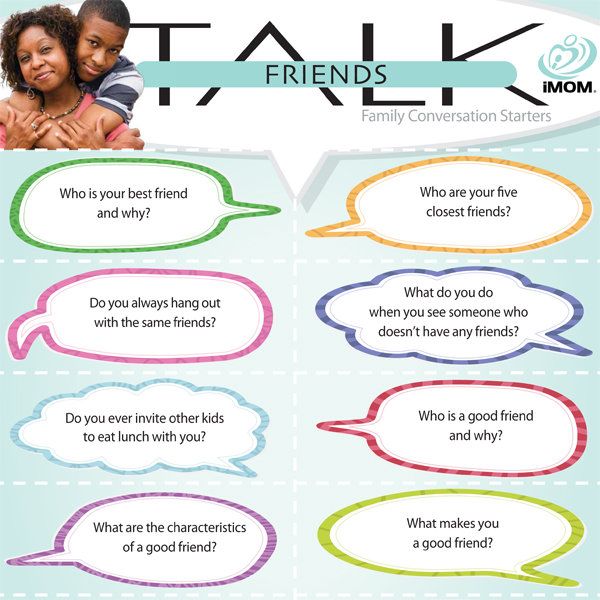 You can also look at your non-verbal language, which is also important for improving expression, since it's not just what is said that matters... if not how to say it. You can also greatly improve your appearance with the technique of videotaping yourself, don't forget to do this daily until you master it.
You can also look at your non-verbal language, which is also important for improving expression, since it's not just what is said that matters... if not how to say it. You can also greatly improve your appearance with the technique of videotaping yourself, don't forget to do this daily until you master it.
The nice thing about doing this in front of someone you trust is that you can practice when the time comes when you need to express yourself in front of an audience, jury, or other people you don't know but it is important that they understand the message you are giving them. You can also work with shame with mental techniques that will give you peace of mind, such as taking a deep breath and counting to ten before speaking.
Seek professional help
If you've tried all the advice we've given you on a daily basis and haven't found improvement in your self-expression...then it's time to seek professional help. to help you improve and increase your self-confidence every time you need to express yourself in front of one or more people. nine0003
nine0003
Article Subject:
10 Effective Ways to Boost Your Self-Confidence (and Be Happy)
If this is a problem for you and you can't find a way to improve it or aren't looking for a solution, then you should be aware that in the future the situation may get worse. Don't wait until you're really afraid to express yourself to others and start looking for solutions so that it becomes easier and easier for you to talk to other people.
Seek help from a speech therapist or psychologist trained in this area and in this type of therapy. In this way, he will be able to help you through his training and experience with other patients who have gone through a situation similar to yours. nine0003
Ask for help to find out exactly what the problem is. It prevents you from expressing yourself correctly because it's not the same as not knowing how to express yourself because you don't pronounce it correctly than because you're afraid to say something that leaves you in a bad place, or even because that you don't know how to do it. organize words well.
organize words well.
So if you decide to ask for help, then do it! This will be the best thing you can do to start expressing yourself properly. nine0003
Advice for the "tight" and hypersensitive | PSYCHOLOGIES
167,757
Man among men Know thyself Loneliness
A chance meeting with a friend of youth whom we have long lost sight of; emergency situation on the road; speaking in front of an unfamiliar audience; the long-awaited first "mom" or "dad" from the mouth of a child - many events daily awaken our emotions. We are embarrassed by them, afraid to look ridiculous from the outside, restrain ourselves and think that we control them. And yet, emotions keep getting the better of us. nine0003
Double standards
Maybe it's because we grew up in a society where the ability to control one's feelings - "master oneself" - has always been considered a virtue. Self-control, like a vigilant guardian, constantly reminds us: it is indecent to behave too emotionally, it is impossible to openly show our anger, it is necessary to hide our fear, restrain excitement and even joy.
Any strong emotional reaction may seem inappropriate, funny, even obscene and be perceived as a manifestation of our weakness. nine0003
There are not many exceptions: it is the joy or anxiety experienced by many people at once in certain circumstances. So, it's natural to shout and chant slogans together at a football stadium or empathize together at the TV screen, on which a tsunami wave sweeps away a peaceful beach. But, say, dancing in the office on the occasion of a promotion, to put it mildly, is not accepted - just as it is not customary to openly experience your grief.
Rigid self-control creates a certain psychological comfort for us: ritualized manifestations of emotions somewhat soften the state of affect (strong short-term emotional experience) and regulate it. But at the same time, self-control is frustrating, creating a dangerous gap between how we feel and how we behave. nine0003
Thanks to emotions, we express our true “I” and become more understandable to other people
Those who are prevented from living by their own emotionality sometimes try to “drowse” it with the help of a miraculous pill. Many blame their own parents for their, as they think, excessive sensitivity, who raised them “incorrectly”. But both do not know or forget how important the manifestation of emotions is for our lives. Thanks to them, we express our true "I" and become more understandable to other people. In addition, emotions are necessary for our survival. nine0003
Many blame their own parents for their, as they think, excessive sensitivity, who raised them “incorrectly”. But both do not know or forget how important the manifestation of emotions is for our lives. Thanks to them, we express our true "I" and become more understandable to other people. In addition, emotions are necessary for our survival. nine0003
In this sense, by suppressing our emotions, we literally put ourselves at risk, because each of them plays its own special role.
Fear informs us of real or imagined danger. It captures what is significant for our life at the moment. Fear not only receives information, but also gives commands to the body: directs blood to the legs, if you need to run, or to the head, if you need to think. As a rule, fear mobilizes our energy, although sometimes its effect is the opposite: it paralyzes us while we decide what to do in a particular situation. nine0003
's anger is sometimes confused with the violence it can provoke.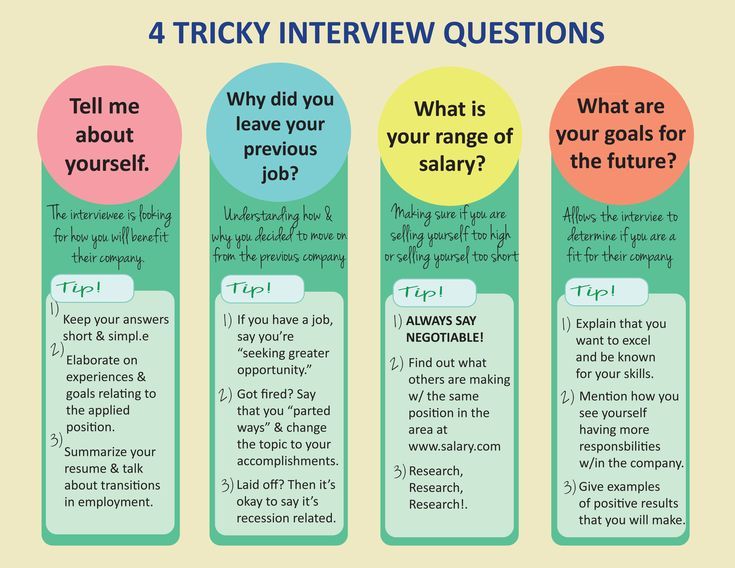 As a rule, this feeling covers a person when he suspects that he is not taken seriously (and some people live with this feeling all the time). But anger can also be useful: it causes the release of hormones (including adrenaline) into the blood, and they, in turn, provide a powerful burst of energy. And then we feel our strength, we feel courage and self-confidence. In addition, anger tells us that we have reached the point where we can no longer control ourselves - in a sense, it replaces the manifestation of violence. nine0003
As a rule, this feeling covers a person when he suspects that he is not taken seriously (and some people live with this feeling all the time). But anger can also be useful: it causes the release of hormones (including adrenaline) into the blood, and they, in turn, provide a powerful burst of energy. And then we feel our strength, we feel courage and self-confidence. In addition, anger tells us that we have reached the point where we can no longer control ourselves - in a sense, it replaces the manifestation of violence. nine0003
Smiling and laughter have a healing effect, strengthening the immune defense of the body
Grief helps to withdraw into oneself in order to survive the loss (of a loved one, some qualities in oneself, material objects...) and return the energy of life. It allows you to “overcome yourself”, adapt to the loss and rediscover the lost meaning of what is happening. In addition, the experience of grief attracts the sympathy and attention of other people - and we feel more secure.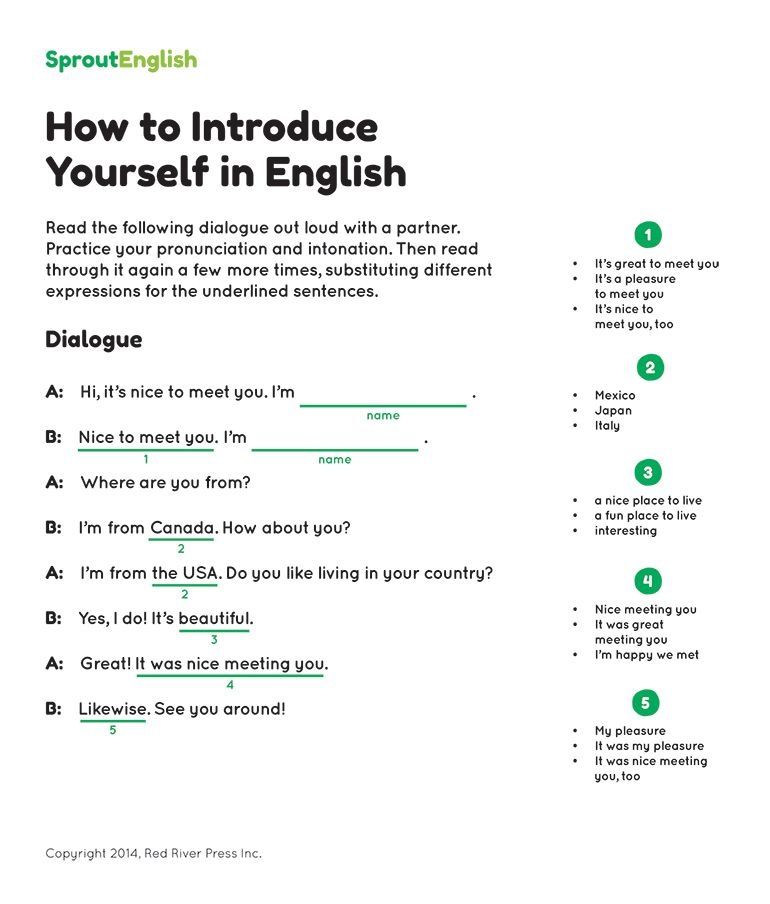
Joy is the most desired emote. It is she who releases the maximum amount of energy, stimulating the release of hormones of pleasure. We feel confidence, our own importance, freedom, we feel that we love and are loved. Joy acts like a magnet: it draws others to us and helps us share our feelings. It is also known that smiling and laughing have a healing effect, strengthening the body's immune defenses.
Reason and feelings
Another important virtue of emotions is that they make us smarter. For a long time, science in a sense devalued them, placed them below the thinking mind. After all, from the point of view of evolution, emotions were born in the depths of the “prehuman” archaic mind and are closely related to the instinctive behavior of animals. New parts of the cerebral cortex, which, in particular, are responsible for the processes of conscious thinking, appeared much later. nine0003
But today it is known that in its pure form the mind does not exist - it is fed by emotions. The American neurologist Antonio Damasio proved that knowledge that is not accompanied by emotions is fruitless, and an emotionally cold person is not able, for example, to learn from his mistakes. It is interesting that children and adults learn and remember something new only against the background of a positive and sufficiently strong emotional impulse, which, figuratively speaking, opens the door to a new area of neural connections. nine0003
The American neurologist Antonio Damasio proved that knowledge that is not accompanied by emotions is fruitless, and an emotionally cold person is not able, for example, to learn from his mistakes. It is interesting that children and adults learn and remember something new only against the background of a positive and sufficiently strong emotional impulse, which, figuratively speaking, opens the door to a new area of neural connections. nine0003
Our personal success depends not so much on IQ, an indicator of intellectual development, but on the emotional quotient (EQ)
Perception also does not exist without emotions. Every word we perceive, every gesture, smell, taste, image is immediately "interpreted" by our senses. Without emotions, we would turn into automatons and drag out a rather colorless existence.
Psychologist Daniel Goleman introduced the concept of "emotional intelligence" into scientific circulation. He came to the conclusion that our personal success depends not so much on IQ, an indicator of intellectual development, but on the emotional quotient (EQ). nine0003
He came to the conclusion that our personal success depends not so much on IQ, an indicator of intellectual development, but on the emotional quotient (EQ). nine0003
Based on experimental data, he proved that in the professional environment, the most successful are not specialists with many diplomas, but those who have valuable human qualities - the ability to analyze their feelings and manage both their own and other people's emotions.
When such people, for example, ask for help to solve some problem, others readily respond, while “emotionally disabled” (with low EQ) can wait several days for an answer to their request ...
The voice of the unconscious
Emotions tell us the most important information about ourselves or about what we are dealing with, and therefore they should be trusted, listened to and rely on them. At first glance, this existential position seems to contradict the personal experience of many of us: more than once we have been mistaken, following the lead of feelings.
The greatest German philosopher Max Scheler explained this contradiction by the existence of two types of sensations. On the one hand, there are contact sensations that act like the mechanism of touch. nine0003
When we feel joy, we feel better, we can relax, we worry less, and therefore we are able to experience “more life”. If something upsets or angers us, we almost physically feel that our health and energy are being taken away from us - “part of life”. Contact feelings convey important information about the existential significance of what is happening for my health, my vitality. But such feelings (often coming from childhood) should not be relied upon in making decisions, it is important to be able to remove them, put them out of the brackets. nine0003
Trust in one's emotions can and should be nurtured, trained
Another kind of sensations are distant ones. They are not directly related to our current state, but they capture something very significant about the other person.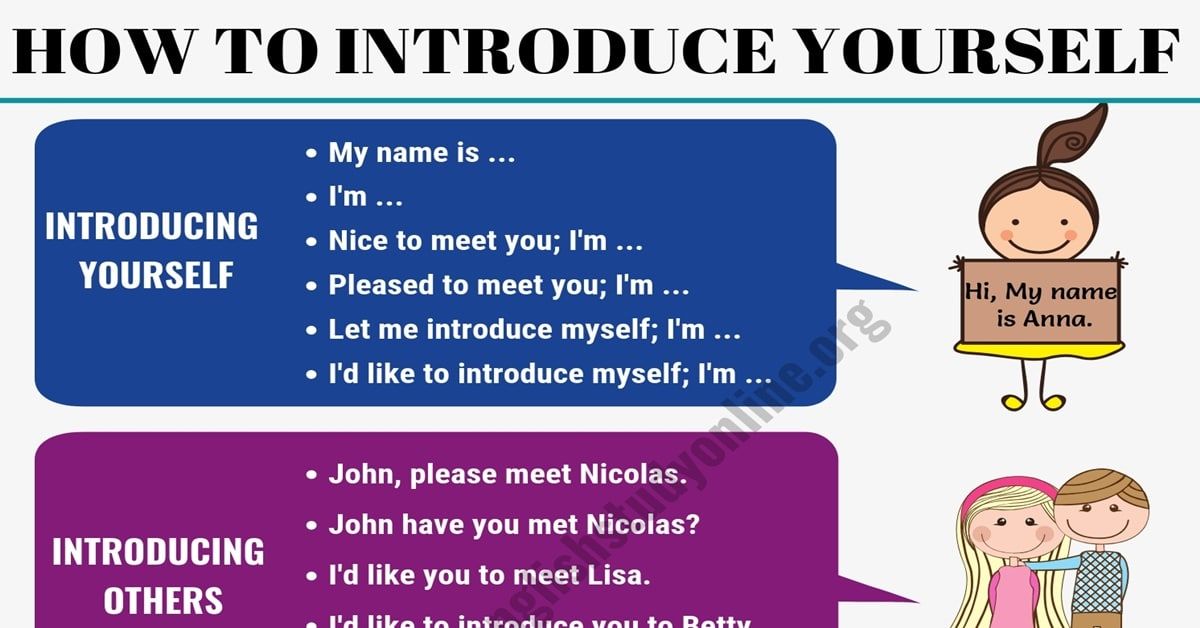 This is a well-known intuitive feeling. It is it that prompts us to ask a loved one: “Did something happen to you?” Or orders: “We urgently need to call home!”
This is a well-known intuitive feeling. It is it that prompts us to ask a loved one: “Did something happen to you?” Or orders: “We urgently need to call home!”
We are not taught to listen to distant feelings, but they allow us to instantly assess the atmosphere in a group of people, to form an impression of an interlocutor or a situation. If you look back at your life, you will surely notice that all the most important and correct decisions in it were made relying on your instincts: rational explanations usually come later. nine0003
Trust in one's emotions can and should be educated and trained. It is only important not to confuse contact feelings, which communicate about us personally, with distant ones, speaking about another person.
High voltages
When the power of emotions is too great, our psychological defense mechanisms turn on and we don't feel anything anymore. Depression, apathy, stupor - this is how it looks from the outside, but from the inside, a person simply no longer hurts, as with anesthesia.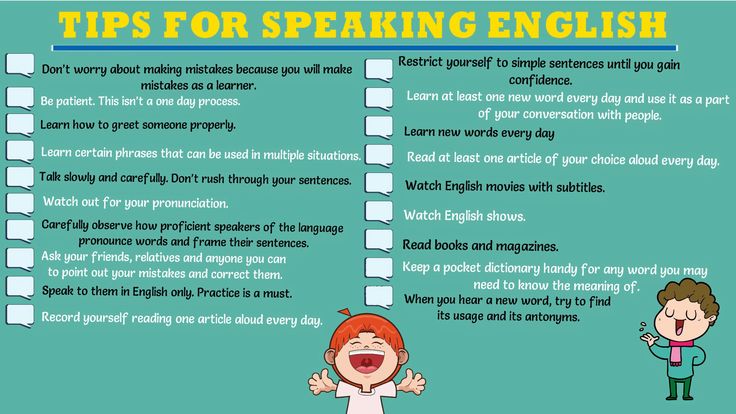 We transform suppressed ("forgotten") emotions into bodily sensations, erasing the relationship between the emotional experience and what caused it. nine0003
We transform suppressed ("forgotten") emotions into bodily sensations, erasing the relationship between the emotional experience and what caused it. nine0003
Sometimes emotions take the form of their opposite. Sadness is sometimes expressed in euphoric excitement; joy is in tears; sometimes we can laugh out loud - if only despair does not crush us. Psychological defense mechanisms deplete our mental and physical strength and almost always turn out to be ineffective: at some point, true feelings break through and overwhelm us.
Those who successfully hide their emotions are also subject to their pressure. You can fake laughter, play anger, lie about your true feelings, but it’s still impossible to pretend forever: sooner or later they will come out. So it's better to be able to accept them for who they are. nine0003
You are short-tempered or hypersensitive, insecure or paralyzed with fear... Try some simple exercises to help harmonize your emotions.
You are notorious
You are holding back, not allowing yourself to express either anger or joy.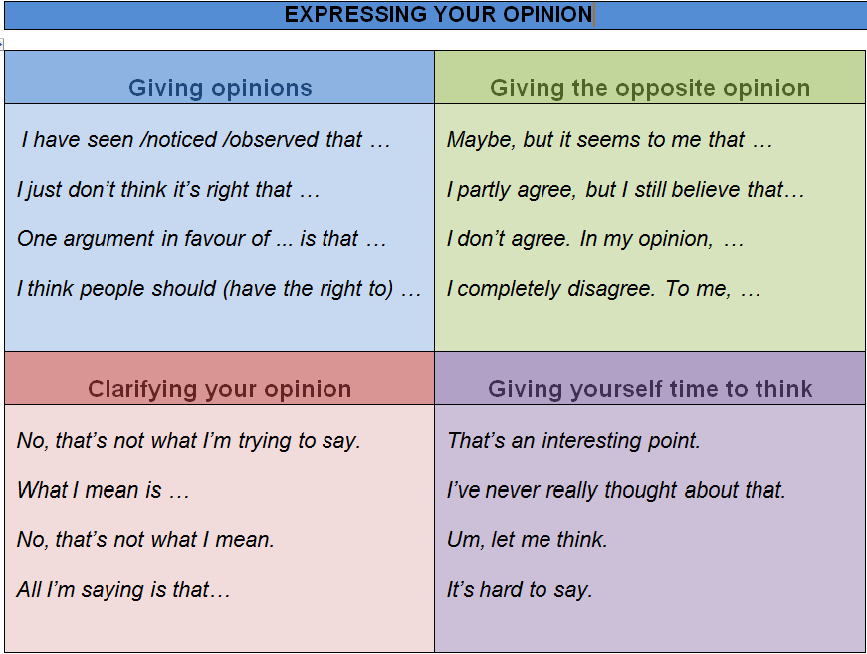 .. Your behavior has a motive that is not easy for you to recognize. The way out is to “let go” of yourself, to release your feelings.
.. Your behavior has a motive that is not easy for you to recognize. The way out is to “let go” of yourself, to release your feelings.
Try to express feelings with gestures
Words are important, but 90% of our emotions are expressed by facial expressions, body. A smile, posture, gestures - even a simple shrug of the shoulders says more about our attitude to what is happening than long speeches ...
Acknowledge the existence of emotions
If a child is afraid of wolves, it is useless to convince him that they are not found in our forests. Accepting his feelings, parents may ask: “What can I do to calm you down?” There is no shame in being afraid, there is no need to be ashamed of fears.
None of our emotions are dangerous, they are our allies, from whom we should not constantly expect a dirty trick. nine0003
Keep a diary
It's like sharing your feelings with a friend. Such a written story helps to remember forgotten emotions, to think about them, to develop an attitude towards them.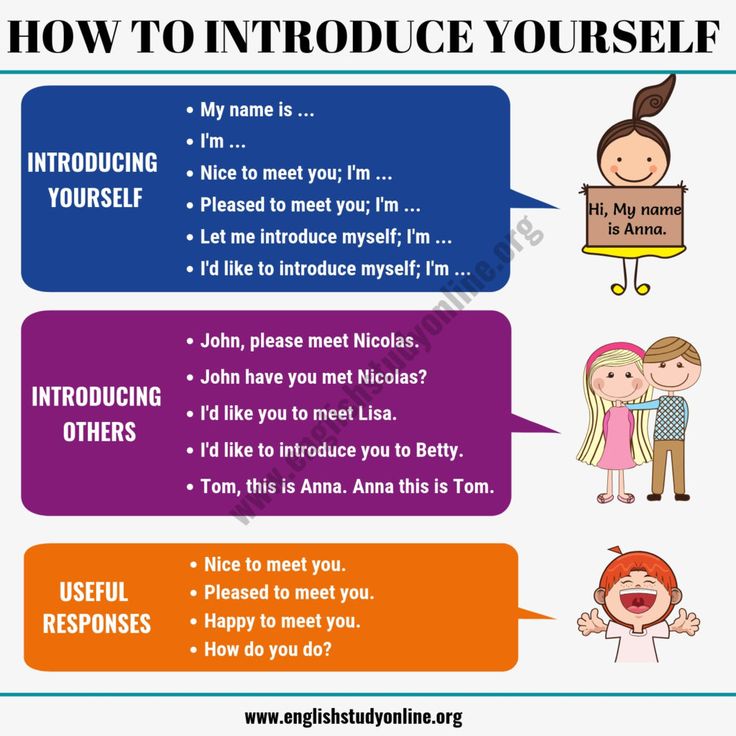
You are paralyzed with fear
The higher the "bets" (that is, the greater the loss when you lose and the greater the reward for winning), the more you panic. You are so afraid of failure that you mentally draw the most catastrophic scenarios, and you give up. The way out is to master your feelings and overcome the "paralysis" of the will. nine0003
Who does the person who fears you look like? Maybe the teacher who tormented you as a child, or the neighbor who wouldn't let you through? Each stressful situation awakens in us the memory of one that we experienced in the past, often in the first six years of life. And the feeling of fear that we could not overcome returns to us again.
Breathe properly
Concentrate on your breathing: lengthen your exhalations and shorten your inhalations to neutralize your internal sensations. nine0003
Think about your successes
For example, how you passed an exam brilliantly or won a tennis set against a friend.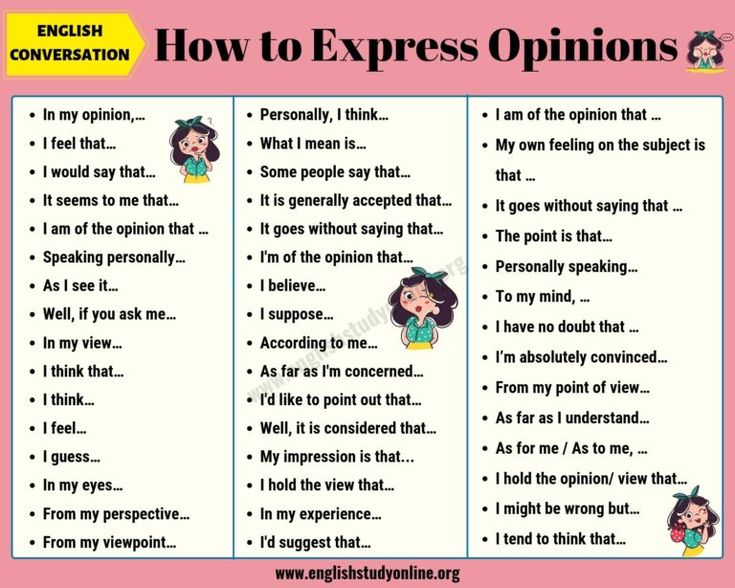 By building on past successes and the pleasures associated with them, you can overcome the desire to see catastrophic scenarios of events that have not yet taken place.
By building on past successes and the pleasures associated with them, you can overcome the desire to see catastrophic scenarios of events that have not yet taken place.
Prepare for the test
Consider the possible options for the event, determine what you want to achieve in any case, and what you can give in ... This will help you better control your emotions. nine0003
Look at the interlocutor, but not directly into the eyes, but at the point between them
You will be able to focus on what you say, and not on what you read in his eyes ...
You are quick-tempered
The way out is to learn to own their feelings and manage a conflict situation.
Do not accumulate claims
The more you accumulate them in yourself, the more you risk breaking loose. By speaking out about your grievances, you are helping yourself avoid outbursts of unbridled anger. nine0003
Learn to express feelings clearly
Name a feeling that is bothering you. Without complaining or blaming, say openly: "I'm having problems at work, I'm stressed out and don't know what to do."
Without complaining or blaming, say openly: "I'm having problems at work, I'm stressed out and don't know what to do."
Pause
The brain needs time to make a decision and take control of the situation. Relax the solar plexus: inhaling deeply, hold your breath for a few seconds, exhale and wait before inhaling again. From time to time close your eyes for 2-3 seconds: turning off visual signals reduces tension. nine0003
The American psychotherapist Chaim Ginott advises to build his statements according to the scheme: "When you did X, I felt Y, and at that moment I wanted you to do Z." For example: “When you reproached me for being late, I felt guilty. It would be better if you hugged me instead of scolding me.
Lend a helping hand
Before responding with aggression to aggression, ask the “aggressor”: “Is something wrong with you?” Or offer him a truce: "I'm starting to get nervous, let's take a break, cool down." nine0003
You are hypersensitive.

You are sensitive to both criticism and compliments. The way out is to establish a balanced relationship with people.
Don't focus on yourself
You worry too much about what others think of you. Try to step away from yourself a little and show empathy (empathy). Learn to put yourself in the other person's shoes. What is he thinking about? What is going through? This change of perspective helps to change the strategy of the relationship. nine0003
Do not strive to be loved by everyone
Sometimes it is worth taking a risk and agreeing that your actions will not please someone, and someone will complicate life. It is impossible to avoid manifestations of rivalry, antipathy, incompatibility of characters. The more clearly you realize this, the easier it will be for you to accept it, and the harder it will be for others to deceive you.
Try to find "trigger" situations
Make a list of situations in which you are especially vulnerable and words that provoke your inappropriate behavior.






